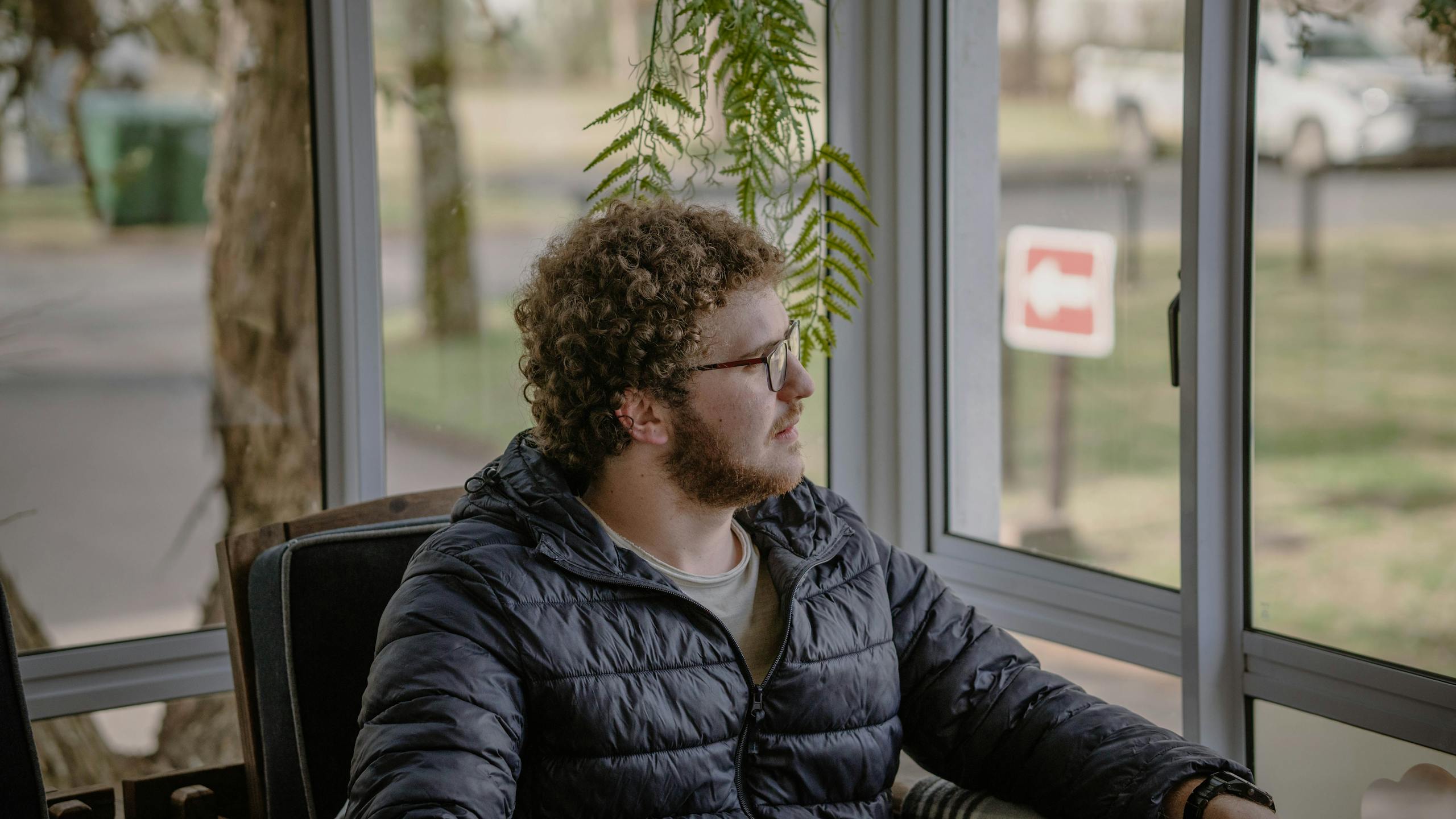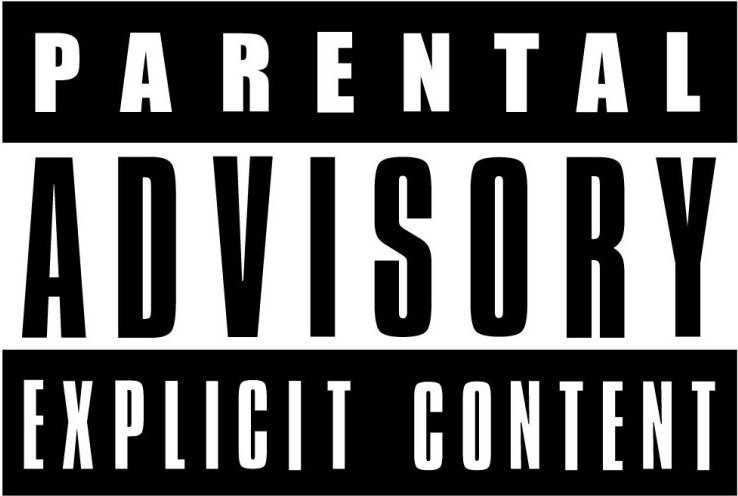What Does It Mean When Someone Is On Probation?
Description: Learn exactly what it means to be “on probation”, including the conditions, types, and requirements.
Introduction
I remember sitting across from my buddy at a restaurant telling him (bragging) how happy I was to “score” probation instead of the alternative consequences I was facing at the time of a fresh felony conviction.
To me, probation seemed like an afterthought, a major victory, and was going to be a breeze. Aside from getting caught, I knew exactly what to do and how to manipulate the system always in my favor.
Yep, I am really smart.
Little did I know how much of a fool I may have sounded like and came across on that fateful day in that little coffee shop, as I had no freaking clue to what lay ahead for my ass, and what would eventually challenge me physically, mentally, emotionally, financially, and any other “ally” you can care to think of.
Yep, I was also a big idiot.
As someone who’s experienced the thrill of community punishments, I know that nauseated familiar feeling all too well of the government gut punch.
Here’s the truth – probation isn’t just about “checking in” with an officer. It’s a complex (rigged) system that affects every aspect of your daily life. In 2024, with over 3.5 million Americans on probation, understanding these requirements isn’t just helpful – it’s essential.
Quick Statistics
Recent data reveals some eye-opening statistics about probation in America:
- 1 in 58 adults in the US are currently on probation
- Average probation length: 2 years (varies by offense)
- Probation violation rate: 15% nationally
- The success rate for completing probation: 65%
- Cost of probation supervision: $1,800-$4,800 annually
- Early release rate: 20% of eligible cases
- Employment rate while on probation: 60%
- Recidivism rate after successful completion: 30%
- Average monthly supervision fees: $30-100
- Successful early termination rate: 25%
Types of Probation Comparison
| Type | Supervision Level | Reporting Frequency | Common Requirements |
|---|---|---|---|
| Supervised | High | Weekly/Monthly | Regular check-ins, drug tests, employment |
| Unsupervised | Low | Quarterly/None | Stay out of trouble, pay fines |
| Intensive | Very High | Multiple times weekly | Electronic monitoring, curfew, frequent testing |
| Interstate | Varies | Monthly | Cross-state travel approval, dual jurisdiction |
What Is Probation? Understanding the Basics
Probation serves as an alternative to incarceration (Jail or Prison), offering offenders the chance to remain in their communities under a controlled supervision. Think of it as a second chance but with strings attached.
For example, Tom, a first-time offender, received probation for a DUI instead of jail time. This meant he could keep his job and support his family, but he had to follow strict rules including regular alcohol testing and attending mandatory classes.
Key elements include:
- Weekly alcohol testing
- Mandatory substance abuse counseling
- Monthly PO meetings
- Regular employment verification
- Travel restrictions
- Court costs and supervision fees
- Avoiding new legal troubles
Tom completed his probation successfully by treating it like a full-time commitment. “The key,” he said, “was understanding that probation affects every aspect of your life“.
What Does Being On Probation Mean Day-to-Day?
Daily life on probation requires careful planning and responsibility. Consider Maria’s case: she needs her probation officer’s approval 72 hours before attending her sister’s out-of-state wedding. She also must schedule her mandatory drug tests around her work schedule and ensure she has reliable transportation to all her appointments.
Requirements typically include:
- Regular check-ins with a probation officer
- Travel restrictions and approval requirements
- Employment or education verification
- Random drug and alcohol testing
- Financial obligations (fees, restitution)
- Program attendance (counseling, classes)
A typical day on probation requires careful planning and attention to detail. Here’s what Maria, experiences daily:
Her Morning Routine:
6:00 AM: Check the color code system for random drug testing
7:00 AM: Document job search efforts or verify employment
9:00 AM: Attend court-mandated counseling or treatment
11:00 AM: Work or community service
Her Afternoon Schedule:
2:00 PM: Meet with probation officer (scheduled days)
4:00 PM: Attend support group meetings
6:00 PM: Document daily activities and requirements met
Her Evening Requirements:
8:00 PM: Update compliance journal
10:00 PM: Curfew check-in (if required)
- Maintain distance from prohibited locations
- Avoid contact with restricted individuals
- Submit random home checks
What Is Unsupervised Probation?
Unsupervised probation offers more freedom but still carries responsibilities. James earned unsupervised probation after completing one year of supervised probation for a non-violent offense.
Key aspects include:
- Minimal direct supervision
- No regular officer meetings
- Must still avoid legal trouble
- Required to update address changes
- May need to complete community service
- Must pay any ordered fines or restitution
What Is Intensive Supervision Probation?
Intensive Supervision Probation requires multiple check-ins per week because it’s the strictest form of probation (outside of Home Confinement), typically reserved for:
- High-risk offenders
- Those who need close monitoring
- Cases involving specific court orders
- Probationers who have violated standard probation terms
A typical weekly schedule might include:
- In-person meetings with PO (2-3 times)
- Random drug/alcohol testing
- Employment verification
- Treatment program attendance
- Electronic monitoring checks
- Curfew verification
- Home visits by probation officers
Common Probation Requirements
Your probation conditions are your roadmap to success. Your success on probation depends on understanding and meeting all requirements:
- Supervision Requirements:
- Regular PO meetings (frequency varies by case)
- Random home visits
- Employment verification
- Travel restrictions and approval processes
- Regular check-ins (in-person, phone, or virtual)
- GPS monitoring (if required)
- Financial Obligations:
- Monthly supervision fees ($50-100)
- Court costs and fines
- Restitution payments
- Treatment program fees
- Drug testing costs
- Electronic monitoring fees
- Counseling session payments
- Behavioral Requirements:
- Maintain employment or education
- Random drug/alcohol testing
- Avoid criminal activity
- No contact with certain individuals
- Counseling attendance
- Community service hours
- Curfew compliance
- Substance abuse treatment
- Anger management classes

What Is the Difference Between Probation and Parole?
The key distinction lies in timing and authority. Probation is an alternative to incarceration, while parole is early release from prison.
For example: In Mark’s case: he received three years probation instead of jail time for his first offense (probation). Meanwhile, Lisa served four years of a ten-year sentence before being released on parole for good behavior.
Critical differences include:
- Timing: Probation at sentencing, parole after prison time
- Authority: Judges order probation, parole boards grant parole
- Supervision levels: Probation is often more flexible
- Violation consequences: Different paths back to incarceration
What Is a Typical Probationary Period?
Probation length varies based on offense severity and jurisdiction. Here’s a typical breakdown:
Misdemeanors:
- First-time DUI: 12 months
- Petty theft: 6-12 months
- Simple assault: 12-24 months
Felonies:
- Drug possession: 2-5 years
- Grand theft: 3-5 years
- Fraud: 3-10 years
What Are Some Common Crimes That Result in Probation?
Understanding which offenses typically result in probation helps set expectations:
- Drug-Related Offenses:
- Simple possession
- Paraphernalia charges
- Small-scale distribution
- First-time drug offenses
- Prescription drug violations
- Property Crimes:
- Shoplifting
- Vandalism
- Non-violent burglary
- Minor theft
- Criminal mischief
- Trespassing
- Property damage
- Financial Crimes:
- Bad checks
- Credit card fraud
- Minor tax evasion
- Identity theft
- Insurance fraud
- Embezzlement under certain amounts
- Unemployment fraud
- Traffic Offenses:
- DUI/DWI
- Driving with a suspended license
- Reckless driving
- Excessive speeding
- Hit and run (minor)
- Operating without insurance
What Are Some State-Specific Probation Guidelines?
Probation requirements vary significantly by state. Here’s a breakdown of major differences:
California:
- Mandatory drug testing programs
- Three-year maximum for misdemeanors
- Early termination is possible after 18 months
- Specific domestic violence requirements
- Strict DUI monitoring programs
Texas:
- Up to 10 years for felonies
- Mandatory community service hours
- Monthly supervision fees required
- Strict employment requirements
- Regular drug testing
Florida:
- Cost of supervision required upfront
- Random home visits are mandatory
- Travel restrictions within the state
- Specific substance abuse programs
- Hurricane evacuation provisions
New York:
- Alternative sentencing programs
- Intensive supervision options
- Mental health court integration
- Employment assistance programs
- Educational requirements
Probation Violations and Consequences
Understanding probation violations helps prevent them:
Technical Violations:
- Missing appointments
- Failed drug tests
- Travel violations
- Payment defaults
- Curfew violations
- Employment changes without notice
- Missing treatment sessions
New Criminal Violations:
- Any new arrests
- Contact with prohibited persons
- Possession of weapons
- Substance Possession
- Violence or threats
Consequences Scale:
- Minor Violations:
- Written warnings
- Increased reporting
- Additional requirements
- Extended probation term
- Serious Violations:
- Immediate arrest
- Jail time
- Probation revocation
- Full-sentence activation
- Additional charges
Success Strategies
- Organization Tips:
- Use a dedicated calendar app
- Keep detailed records
- Set multiple reminders
- Save all receipts
- Document all communications
- Track payments and due dates
- Maintain contact logs
- Communication Best Practices:
- Be honest with your PO
- Document all conversations
- Update information promptly
- Maintain professional attitude
- Ask questions when unclear
- Report problems immediately
- Keep contact numbers updated
- Support System Development:
- Join support groups
- Build positive relationships
- Avoid negative influences
- Seek counseling when needed
- Connect with mentors
- Participate in community programs
- Build professional networks
What Are Early Termination of Probation Guidelines?
Requirements typically include:
- Completion of 50-75% of term
- All fees paid in full
- Programs completed successfully
- Clean drug tests throughout
- No violations on record
- Stable employment history
- Positive PO recommendation
- Community service completed
- Court-ordered classes finished
- Demonstrated rehabilitation
Probation Success Stories
Sarah (Drug Possession): Started with an 18-month probation term for first-time possession. Completed all requirements in 15 months, maintained employment, and now counsels others in recovery. Clean record after completion.
James (White Collar): Received 3-year probation for financial crimes. Paid full restitution, maintained a professional career, and earned early termination after 2 years. Now speaks at business ethics seminars.
David (Theft): Faced 2-year intensive probation, and transformed his life through counseling and education. Currently owns a successful business and mentors others on probation. Complete rehabilitation achieved.
Frequently Asked Questions About Probation
Q: Can I use social media while on probation? A: Usually yes, but posts may be monitored and some restrictions apply for certain offenses.
Q: What happens during a home visit? A: POs check living conditions, verify addresses, and may search for prohibited items.
Q: Can I change jobs while on probation? A: Yes, with PO approval and proper documentation of the change.
Q: What if I can’t afford probation fees? A: Payment plans are often available; communicate with your PO immediately about financial hardships.
Conclusion
Let me share something personal: When the reality of House Arrest/Probation took full effect on destroying my life and I was at my worst, I thought it was all over for me and about ending my life.
After all, nobody will ever hire me, getting a place to live is a horrible experience and I will be homeless soon enough, and everything I do and utterly touch turns to shit.
Winning, huh?
But it is due to all these challenges and mitigating factors, that I was able to get outside myself and focus on what really matters and counts in life: Family, Relationships, Health (mental and physical), and discovering who the hell you are.
Sadly, that is only found when you lose everything.
If you’re facing probation or currently serving a sentence, I need to tell you that you’re not alone. You can do it and get through it successfully and complete it.
It just requires the right approach and strategy (not luck).
Check out our related articles:
- How To Make Your Probation Officer Really Like You
- 10 Steps To Rebuilding Your Life After Probation
- Will You Go To Jail For Violating Probation
- A Parents Guide To Explaining Probation To Kids (2024)
Need Legal Help? Our network of criminal defense attorneys offers free consultations to discuss your case. [Click here to connect with a top-rated defense attorney in your area]
Also, check out my downloadable guides:
- Probation Success Checklist
- Probation Office Preparation Guide
- Probation Violation Prevention Tips
Remember, probation is challenging but manageable with the right guidance and commitment. With proper preparation and support, you can successfully complete your probation and move forward with your life.







